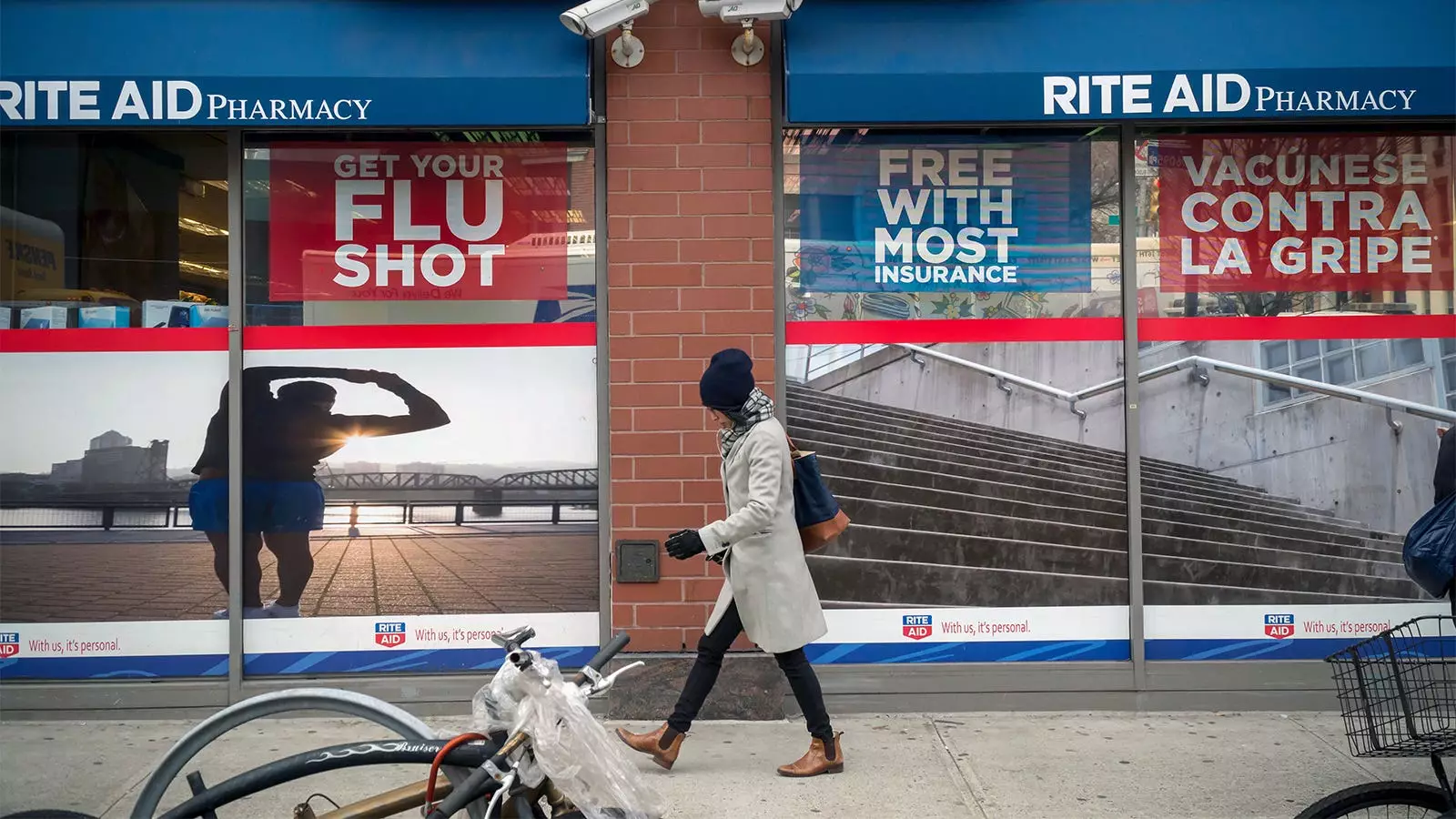The latest reports on the effectiveness of flu shots in the ongoing winter flu season in the United States have been released. According to health officials at a recent CDC vaccines meeting, the vaccines have shown an effectiveness rate of around 40% in preventing adults from falling ill to the extent of requiring medical attention. Additionally, children who received the vaccination were approximately 60% less likely to seek treatment at healthcare facilities. These figures fall within the typical range of 40% to 60% effectiveness that is generally deemed satisfactory by health authorities.
Matching Against Circulating Strains
One of the key factors that contribute to the success of flu vaccines is the extent to which they are aligned with the prevailing flu strains in circulation. Officials have indicated that the current flu season has seen a favorable match between the vaccines and the dominant virus strains. This alignment has likely played a significant role in the relatively positive performance of the vaccines this season.
Despite the recommendations for annual flu vaccinations for all individuals aged 6 months and older in the U.S., the latest CDC data indicate that only about half of eligible children and just under half of adults received flu shots in recent months. These numbers underscore the importance of increasing vaccination rates to enhance overall community immunity and protection against the flu.
The CDC employs various monitoring systems to assess the effectiveness of flu vaccines. These systems include data from hospitals reporting on severe flu-related illnesses that result in hospital admissions, as well as outpatient statistics from urgent care clinics and emergency departments. The recent meeting presented estimates from four surveillance systems, with the midpoints indicating an effectiveness rate of around 40% for adults and approximately 60% for children.
While the current efficacy rates of flu shots appear promising, some experts have raised concerns about the diminishing returns of annual influenza immunization. Dr. Sarah Long of Drexel University highlighted the possibility of repeated vaccinations leading to reduced immune system responses over time. Researchers are actively exploring this question, though conclusive results are still pending. Despite these potential challenges, Dr. Lisa Grohskopf of the CDC emphasized the importance of vaccination as a crucial preventive measure against the flu.
The assessment of flu shot performance in the U.S. highlights the need for continuous monitoring, research, and efforts to improve vaccination rates. By staying informed and proactive in promoting flu vaccination, individuals can contribute to safeguarding public health and mitigating the impact of seasonal influenza outbreaks.

Leave a Reply